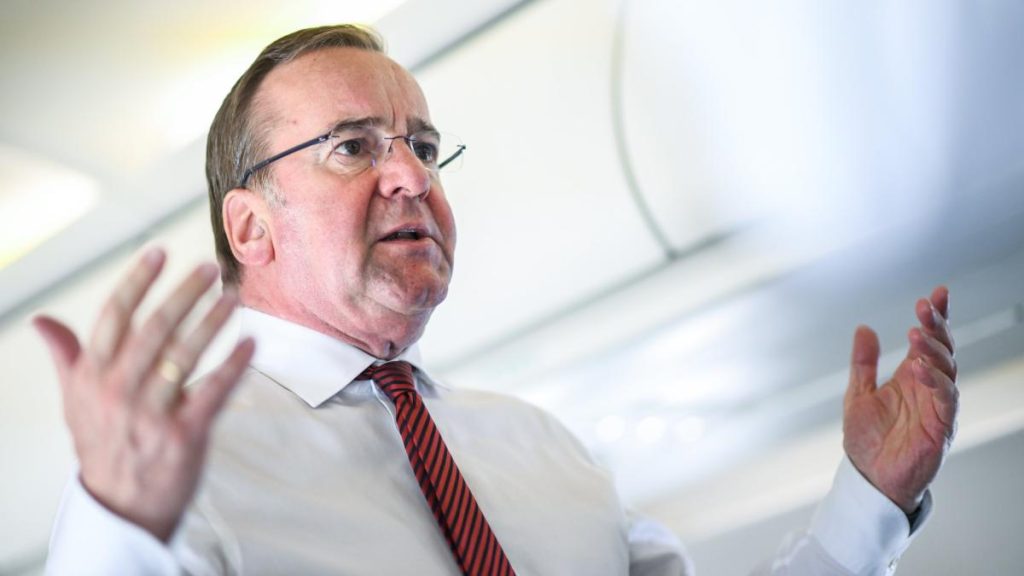The debate over future defense spending in Germany is heating up within the Ampel coalition government, with Defense Minister Boris Pistorius proposing that defense expenditures be exempt from the debt brake. This proposal is being met with criticism from the FDP, who accuse Pistorius of undermining the coalition’s basic consensus. The expiration of the 100 billion euro special fund for the Bundeswehr is causing tension in the coalition, with disagreements over how to finance future high investments in improving Germany’s defense capabilities.
The FDP-Fraktionschef, Christian Dürr, rejected Pistorius’ suggestion to exclude defense and crisis prevention expenditures from the debt brake, emphasizing that investments in security should not be dependent on the debt brake but rather on political decisions. Finance Minister Christian Lindner also disagreed with Pistorius, suggesting that reallocating funds within the budget is a better approach to stimulate the economy. The issue is becoming increasingly divisive within the coalition, with concerns raised about the stability of the country’s finances in light of current international circumstances.
With the expiration of the 100 billion euro special fund for the Bundeswehr expected by the end of 2027, the question of how to finance ongoing investments in Germany’s defense capabilities remains unanswered. Pistorius received support from his colleague Svenja Schulze, who emphasized the importance of not relying solely on austerity measures given the current international situation. FDP-Fraktionschef Dürr reiterated the importance of the debt brake as a safeguard for the country’s stability, opposing any moves to suspend it during difficult times.
SPD Vice-Fraktion Chief Achim Post cautioned against prematurely ruling out options in the current challenging security and budgetary landscape, emphasizing the need for additional financial flexibility to ensure both external and internal security. Green Party defense policy expert Agnieszka Brugger called for a “security budget” in response to the war in Europe, highlighting the need for increased funding to effectively protect peace, security, and freedom in dangerous times. The debate over the debt brake and defense spending continues to spark disagreements within the coalition, raising questions about the future direction of Germany’s security policy.
Overall, the debate over the debt brake and defense spending in Germany reflects the broader tensions within the Ampel coalition government regarding the allocation of funds for security in light of international developments. As the country faces uncertainty over how to finance future defense investments, differing opinions within the coalition highlight the complex challenges of balancing fiscal responsibility with security needs. The outcome of this debate will have significant implications for Germany’s defense policy and its role in international security efforts.


